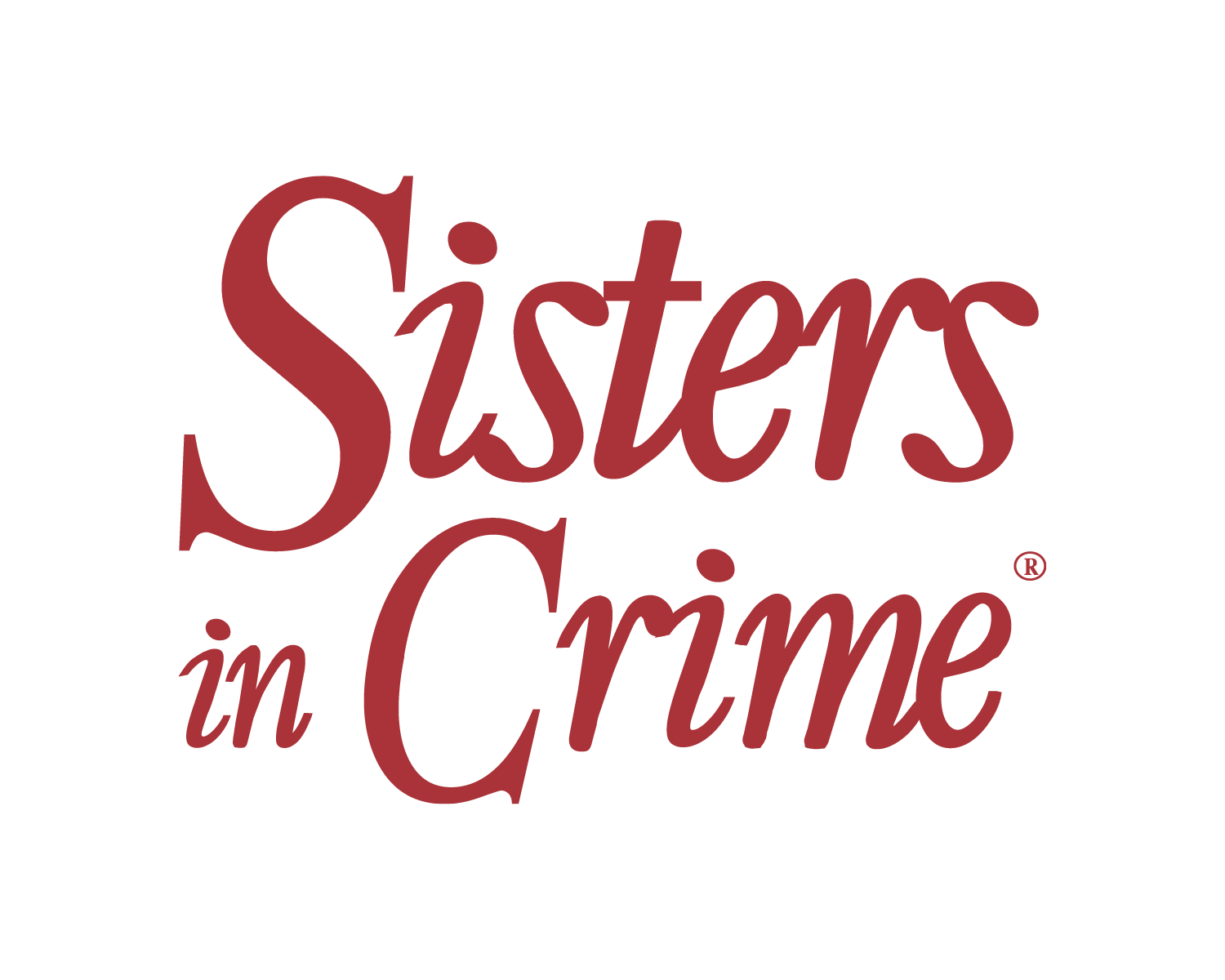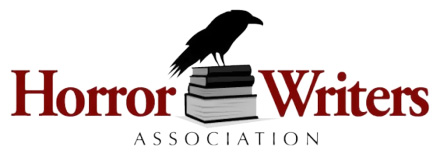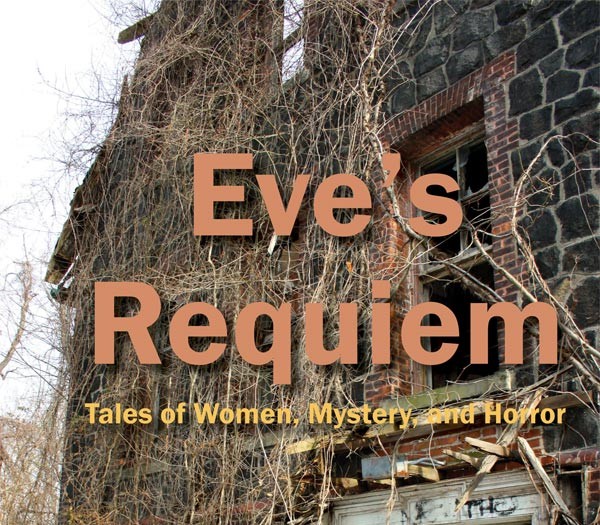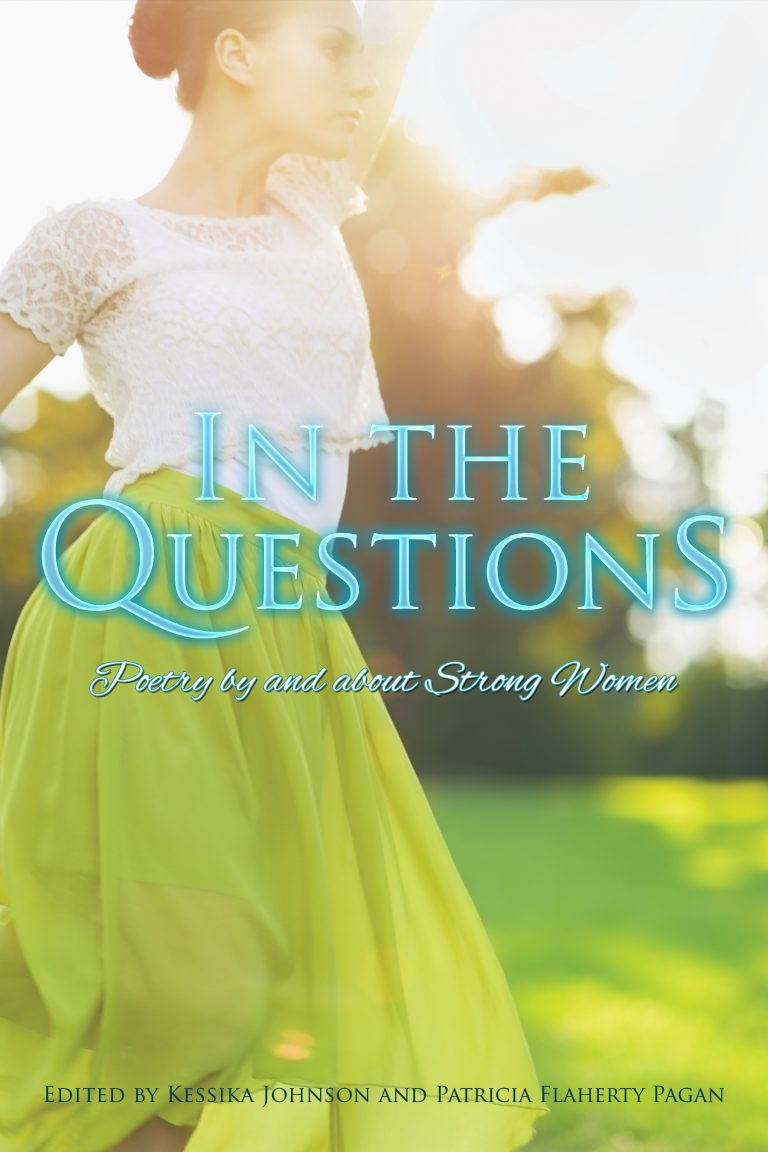I love the urgency of flash.
“Girl” by Jamaica Kincaid (published in 1978) is one of my favorite stories of any length. Even before flash fiction became trendy, the call of the concise fictional moment rang loudly. Writing, reading, and teaching about flash feel natural to me, but precision can be challenging. Which telling detail will say the most about the character?
I’ve been fortunate to find an audience for my flash through literary journals like Cleaver and through the three of the pieces of flash included in my short story collection, Trail Ways Pilgrims. It means a lot to me to share a compelling slice of fiction with readers.
Flash fiction is getting well-deserved attention right now. It’s wonderful that so many folks are reading flash on their devices! Yet writing is, and always will be, about craft meeting storytelling. So, for this article, let’s check in with a talented, Houston spec fiction writer who excels at flash fiction (among other literary forms).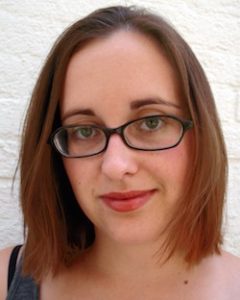
Holly Lyn Walrath edited the anthology Our Space (which includes my flash piece “Pillion 2006”), and has published many exciting short pieces (as well as poetry) in a number of literary journals. Humble, witty, and generous, Holly has interesting ideas to share…
1. What comes to you first, Holly, concept, plot, or character?
It depends. Sometimes it is one or the other. Since I write a lot of speculative work, it is often a setting or weird object that calls to me. For example, right now one of the writing ideas in my journal is “mood rings”. These are little nuggets of gold that come to me as I pan my thoughts or dreams and I have to sift through them, following the story where it leads me.
2. Flash has its own compressed shape and general word count limit. Do you write the first draft and see where the story takes you, or do you consider word count while write the first draft?
I usually have a sense that a piece will be flash, but I’m never sure of exact word count until I’m done writing. The best flash pieces are a whole story, with a beginning, middle, and end. But that doesn’t mean they can’t still play with form or function. Often my vision of the structure of a piece shapes how I write it.
3. During the revision phase, do you work with a writers’ workshop, critique group, or critic partner? If so, do you enjoy it?
I do participate in a local critique group for longer pieces but rarely for flash. This is partly driven by my prolificacy. I write too many pieces in a year to get feedback on all of them. Also, I’ve found that I’m not a writer who benefits from critique unless it’s by someone I trust. Finding trusted readers is quite difficult.
4. Do you listen to music or look at art while you write/revise? What kind?
My favorite writing music is ambient. Lyrics can be too distracting. I also love participating in ekphrastic workshops like Words & Art here in Houston, Texas, which hosts writers at local museums to view and write about art!
5. The flash submission process, would you call it… A. Exciting-so many places could help you bring your work to readers! B. A mixed bag-some days it’s exciting, some days it’s more difficult. C. Necessary evil. D. A slog uphill. E. Why submit to journals, anthologies, contests, web journals and ‘zines? I publish it myself. — Tell us why you chose your response.
Submitting is definitely C. A necessary evil. I have a complex submission system helped considerably by Duotrope, but I still hate submitting! The hardest part with flash is that there are very few paying markets. It’s a niche, and we need more markets willing to publish flash – which is often the forefront of experimental writing. On a regular basis, I send things out to Flash Fiction Online, Daily Science Fiction, and Smokelong Quarterly, all examples of some of the amazing journals for flash writers.
6. Any words of wisdom for writers who are new to the form of flash fiction?
As the venerable Chuck Wendig says, “YOU DO YOU!” Writing is about discovery, experimentation, and passion. If you’re worried something might be too “out there”, don’t. We need more writers willing to explore new vantage points, to reach outside the standard narrative, and more publications who want to showcase the work of marginalized writers. Read widely, write widely.
Thanks so much for sharing your experience and ideas, Holly!
****
Holly Lyn Walrath is a freelance editor and author of poetry, flash fiction, and short fiction. Find her on Twitter @HollyLynWalrath. Discover Holly’s unique short fiction & the journals that celebrate it on her website, HLWalrath.com.
The Our Space anthology, which benefits Writespace Houston, the community writing center where I teach, can be purchased at here. Keep your eye on Holly – I am sure that we will see even more great work from her in the future!
